Ensuring consistent dimensions of aluminum CNC machined parts requires a combination of meticulous workmanship and quality control measures:
Design optimization: In the product design stage, the characteristics and machining performance of aluminum materials should be taken into consideration, and the dimensions and tolerance requirements should be reasonably selected. Complex geometric shapes and dimensional requirements should be avoided as much as possible during design to reduce processing difficulty and dimensional deviations.
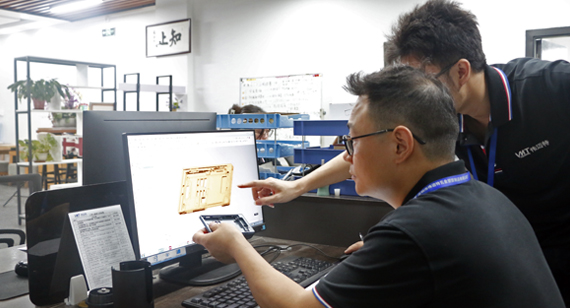
Machining technology specifications: Develop detailed CNC machining technology specifications and ensure that operators perform processing operations in accordance with the specifications. Including selecting appropriate tools, cutting parameters, processing sequence, etc. to ensure dimensional control and consistency in each process.
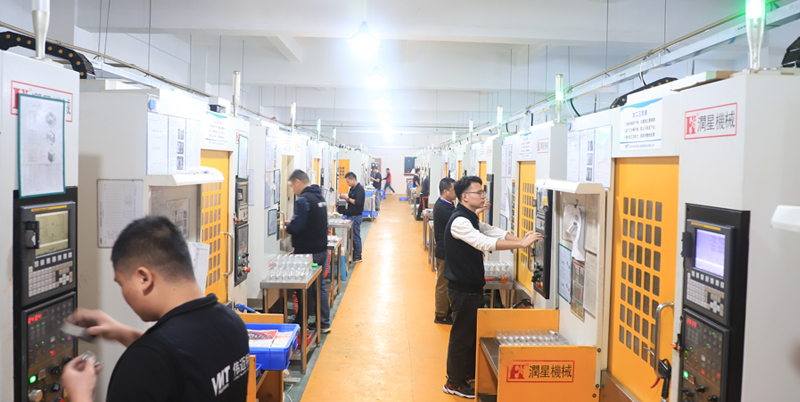
Accurate programming: Accurate programming of CNC machine tools is crucial. CAD/CAM software helps generate accurate tool paths, ensuring expected dimensions are maintained.
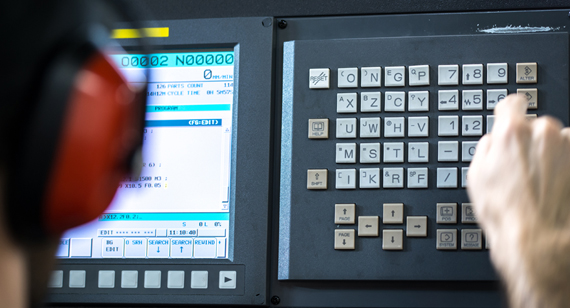
Material Selection and Stability: Using high-quality aluminum and stabilizing its temperature and conditions during processing prevents dimensional changes caused by material inconsistencies.
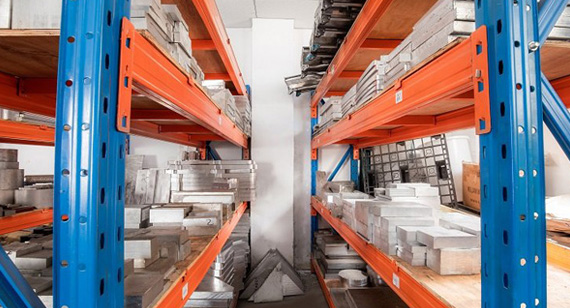
Machine and tool selection: Choose CNC machines and tools suitable for processing aluminum. Aluminum processing requires high-speed cutting. Choosing high-rigidity and high-precision machine tools, paired with appropriate aluminum alloy special tools, can provide a more stable processing process and higher precision.
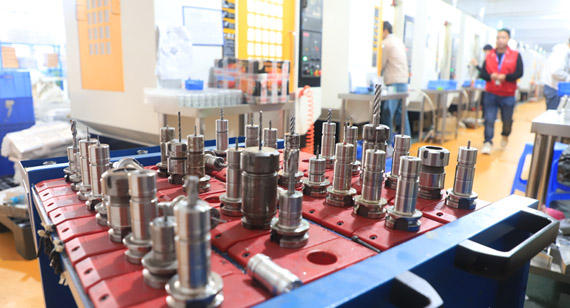
Tool Calibration and Maintenance: Regular calibration and maintenance of cutting tools is critical. Blunt or improperly calibrated tools can cause dimensional inaccuracies.
Optimize machining parameters: Setting the correct machining parameters, such as cutting speed, feed rate and depth of cut, can help maintain consistent dimensions.
Quality checks and inspections: Strict quality checks at different stages of processing help detect any deviations from specified dimensions. This includes in-process inspections and measurements of the final part.
Strict quality control: During the processing process, strict quality control and inspection are carried out, such as using appropriate detection tools (such as micrometers, measuring instruments, etc.) for dimensional inspection to ensure that the dimensions of the parts meet the requirements. At the same time, dimensional deviations during processing are recorded and analyzed in a timely manner and corresponding corrective measures are taken.
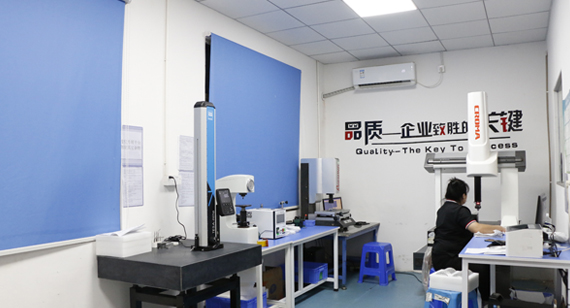
Fixture and workholding stability: Safe and stable workholding prevents movement or vibration during machining, ensuring part consistency.
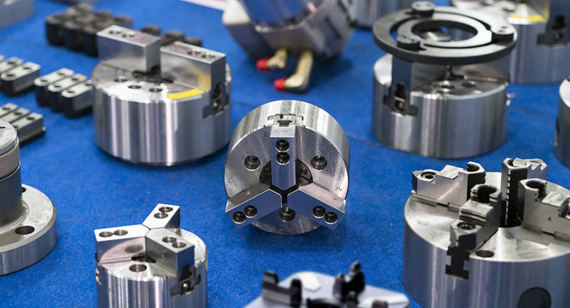
Documentation and Traceability: Maintaining comprehensive records of machining parameters, tool changes and quality inspections provides traceability and helps identify any issues affecting dimensional consistency.
Personnel training and management: Strengthen employee training and management, and improve the skill level and quality awareness of operators. Strengthen training on processing technology and dimensional control to ensure that every employee can understand and comply with relevant requirements and perform processing operations in strict accordance with process specifications.
Continuous improvement: Regularly evaluate and improve the CNC machining technology, and make necessary optimization and adjustments according to the actual situation. Improve dimensional consistency through process improvements, and continuously monitor dimensional deviations during processing to take corrective measures in a timely manner.
By integrating these measures into the CNC machining process, manufacturers can ensure that aluminum CNC parts have consistent dimensions and meet specified tolerances and quality standards.